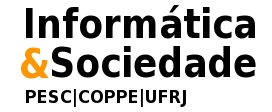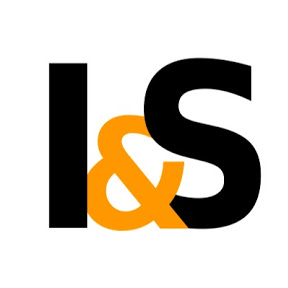It is necessary, as well as urgent, to understand the new social order that is being produced since the development and adoption of the new Information and Communication T echnologies (ICT). To investigate it is paramount, to unveil new perspectives of economic and corporate success or to construct a better quality of life and a fairer society.
These new technologies are regarded as a source of radical change, and in this case constitute a scenario in which they significantly transform various dimensions of modern life, including the nature and experience of interpersonal relations and communications, working relations and conditions, mode of operation of the business world, industry and agroindustry, educational processes, ways of building knowledge or even the formulation of regulatory policies. In short, new technologies change the form and substance of control, participation and social cohesion. However, in doing so, they are also modified by social experience, so that informatics and society, or otherwise, the technical and the social, constitute a movement of "co-modification", only perceived by a approach that is concurrently social and technical, a sociotechnical perspective. Thus, to rethink the social is, at the same time, to promote a reflection on the very mode of production and organization of scientific and technological knowledge, and on the mutual implications between science, technology and society.
The research area in Informatics and Society has the objective of advancing the sociotechnical study. We investigate how academic and scientific practices, government policies, business management, society and culture relate to the new Information and Communication Technologies. Through this study we aim to offer not only a better understanding, but a possibility of intervention in its applications and development.
As áreas da pesquisa nas quais as ações de ensino-pesquisa-extensão estão organizadas, longe de serem estanques, constituem uma maneira de identificar as diferentes ênfases, aproximações e olhares utilizados para atingir os objetivos da linha conjuntamente com os projetos de ensino-pesquisa-extensão desenvolvidos no Informatics and Society Laboratory (LabIS).

